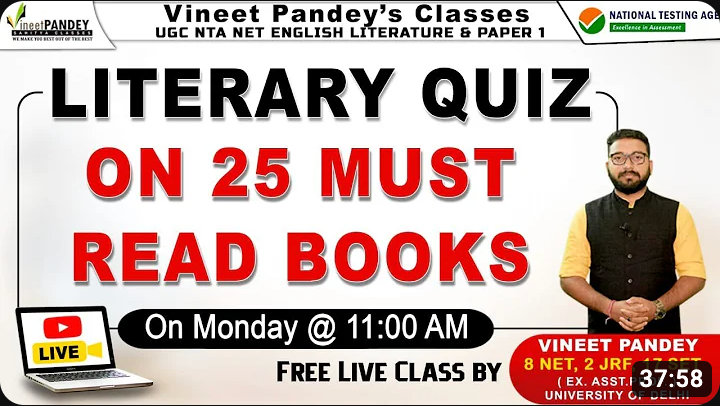
For more information, get in touch with us….
Vineet Pandey
2 JRF,8 NET, and 17 SET
(Ex Asst. Professor : University of Delhi)
Get More about CUET (Message us):- +91 9267928908, +91 8587035827
YouTube – https://www.youtube.com/@VineetPandeyUGCNET
Instagram – https://www.instagram.com/vineetpandeyofficial
Facebook – https://www.facebook.com/englishliteratureguidance